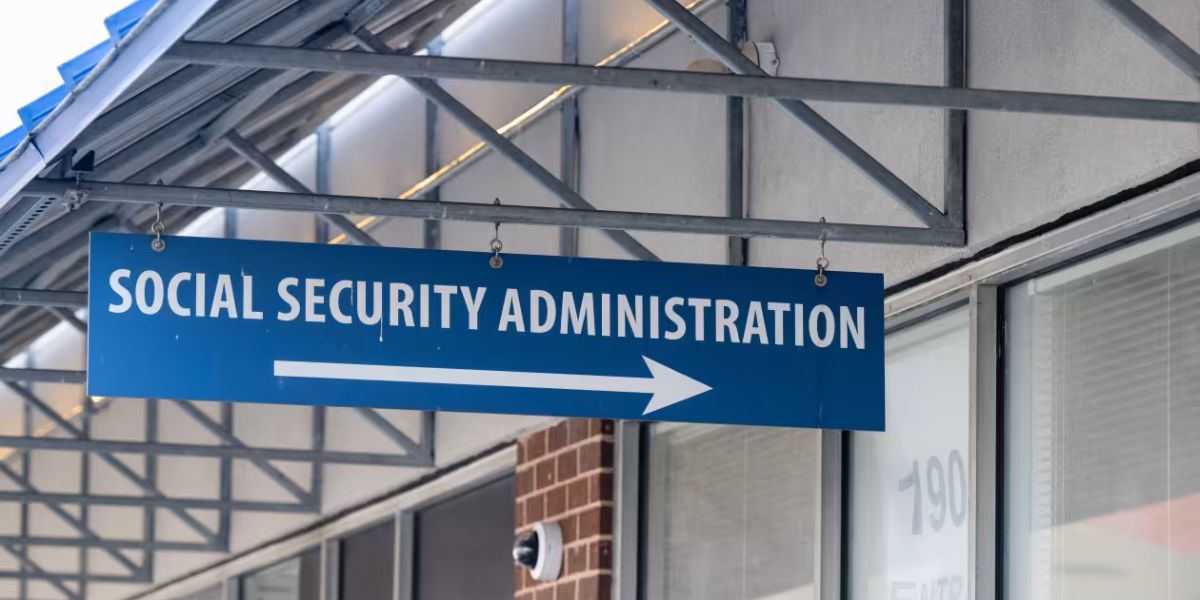Hundreds of immigrants in the United States opened their inboxes to find a chilling surprise: a message from USCIS ordering them to leave the country immediately.
The email cited legal codes, warned of deportation, and even threatened to revoke work permits. The funny thing (if we can find humor in such an axiety-inducing incident)is that it was all a mistake, triggered by a glitch in USCIS’s automated system.
The message wasn’t aimed just at undocumented immigrants or recent arrivals. Legal residents, people with humanitarian parole, and even naturalized citizens were among those who received it.
The notice claimed their stay was over under Section 1182(d)(5)(A) of U.S. law and that non-compliance could lead to expulsion. Panic quickly spread through immigrant communities, only for officials to later confirm that the message shouldn’t have gone out to most recipients at all. A digital hiccup, yes—but one that caused very real fear.
What was in the USCIS email?
This week, the U.S. Department of Homeland Security (DHS) dropped a digital bombshell: it sent out emails telling people living in the U.S. under temporary legal status that their parole had been revoked, and that they needed to leave the country immediately.
But the email didn’t stop there—it even landed in the inbox of a U.S. citizen who happens to be an immigration lawyer from Massachusetts. The big question now? Who was actually supposed to get this message, and why was such a serious notice delivered like it was a promo code?
The email stated, in no uncertain terms, that “DHS is now exercising its discretion to terminate your parole,” and that this would take effect “seven days from the date of this notice.” It mirrors messages previously sent to users of CBP One, the mobile app introduced under the Biden administration to let asylum-seekers from specific countries book appointments at ports of entry.
But according to a spokesperson from U.S. Customs and Border Protection (CBP), this message went way beyond that group. In short, what was meant to be a targeted alert became a mass email mix-up—a bureaucratic blunder with real-world panic as the reply-all.
Who received the message, and who shouldn’t have
“CBP has started sending out parole termination notices to people who don’t currently have legal status to stay in the U.S.,” explained Hilton Beckham, assistant commissioner for public affairs at Customs and Border Protection. “These notifications aren’t just for folks using the CBP One app—and they don’t apply to those in programs like Uniting for Ukraine (U4U) or Operation Allies Welcome (OAW),” he added, trying to put out the digital fire with a few lines of fine print.
For context, U4U is a program launched by the Biden administration to fast-track the arrival of Ukrainians fleeing Russia’s invasion. And OAW?
That one kicked off in 2021, after the U.S. pulled out of Afghanistan, to help resettle Afghans who had worked alongside American forces for the past two decades. Basically, these aren’t your average immigration programs, they’re more like humanitarian VIP lanes. But even with the best of intentions, a government email blast gone wrong is never a good look.
The Trump administration has been working to strip parole protections from about 532,000 immigrants—specifically Cubans, Haitians, Nicaraguans, and Venezuelans—who came to the U.S. through a humanitarian program launched during Biden’s presidency. The plan? Fast-track their deportation starting April 24. But on Thursday, a federal judge in Boston stepped in, announcing she’d issue a protective order to stop that train before it left the station.
Still, according to CBP’s Hilton Beckham, the people covered by that court order didn’t get the controversial email. The message also makes a point to say it doesn’t apply to individuals who have already secured another legal reason to stay in the country. So, while the warning email caused widespread panic, it seems some of the intended targets were spared from the digital scare—call it a bureaucratic ghost email that missed its mark.




